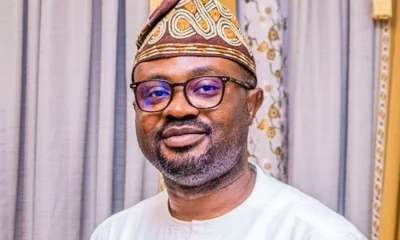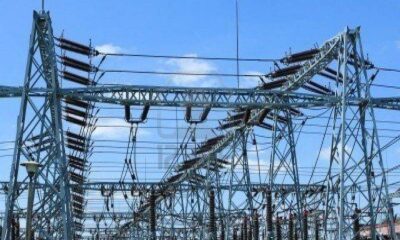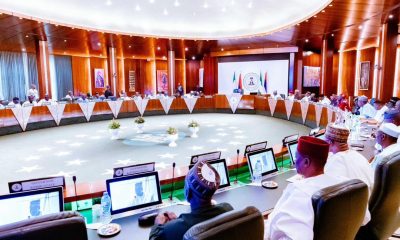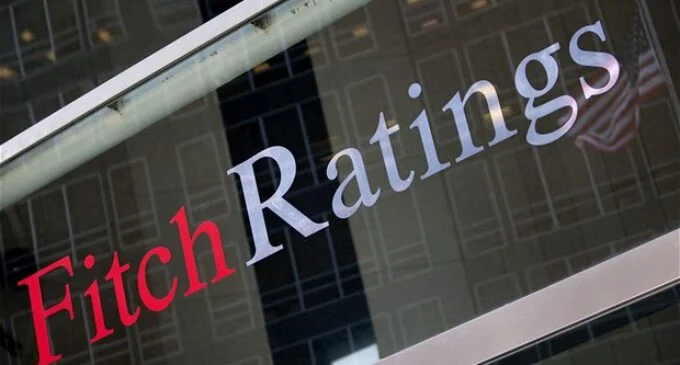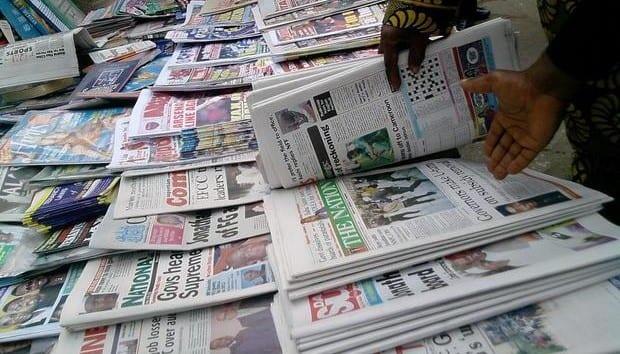Ministries, Departments and Agencies of the Federal Government will spend an estimated N104bn on purchasing generators, fueling and servicing them in 2022.
The N104bn, which will be spent on generators due to the country’s unstable power supply, exceeds the Internally Generated Revenue of about 24 states of the federation.
The details are contained in the 2022 budget proposal which has yet to be approved by the National Assembly.
The figure may, however be higher as about 15 agencies, including the Joint Admissions and Matriculation Board, Federal Mortgage Bank of Nigeria, the Independent National Electoral Commission, National Information Technology Agency, National Pension Commission, Nigeria Customs Service, Central Bank of Nigeria, National Examination Council, Central Bank of Nigeria and others did not indicate their generator budgets.
Finance ministry wants N82bn for generators
A review of the budget shows that the Federal Ministry of Finance, Budget and National Planning headed by Zainab Ahmed, takes the lion’s share of 80 per cent for generators as the ministry set aside N82.03bn.
The item under the heading, ‘Purchase of Fixed Assets- General’ reads, “Purchase of power generating set 82,030,000,000.”
Meanwhile, a further analysis of the budget showed that among the agencies, the Federal Inland Revenue Service has the highest budget for generators.
The agency earmarked N250m for maintenance, N1bn for fuelling the generators and N550m for purchasing new ones, given a total of N1.8bn.
The Nigerian Army has the second highest budget for generators having earmarked N971.7m for generator fuel alone. The Nigerian Maritime Administration and Safety Agency has the third highest budget for generators at N946m.
The Department of Petroleum Resources set aside N118.7m for maintenance, N666.8m for generator fuel and N120m for the purchase of generators in its offices in Sokoto, Kano, Makurdi, Yenagoa, Ilorin and Umuahia, bringing it to a total of N905.5m.
The agency with the 5th largest generator budget is the Nigerian Ports Authority which set aside N798.2m for the maintenance and purchase of generators.
The Nigeria Deposit Insurance Commission budgeted N470m for the maintenance of a generator plant and N262.11m for the procurement of a generator, given a total sum of N732.1m.
The Federal Road Safety Corps set aside N529.3m for maintenance, fuel and purchase of generators.
The Nigeria Police formations and commands across the country are expected to spend N211.5m on maintenance and N309.8m on fuel for the generators, a total of N521.3m
Similarly, the Nigerian Communications Commission will spend N500m running generators next year having earmarked N190m for maintenance, N150m for the purchase of new generators and N160m for the purchase of fuel for generators.
The Bank of Agriculture set aside N420.5m for the purchase of a generator while the Standards Organisation of Nigeria intends to spend N412m on new generators and the maintenance of existing ones.
The Federal Airport Authority of Nigeria will spend N400m on generators.
The National Inland Waterways Authority earmarked N379.93m for the rehabilitation of a generator plant and N50m for the procurement of a generator while the Nigeria Civil Aviation Authority budgeted the sum of N240.57m to maintain its generator plant and N124m to acquire a new generator.
Other agencies with large generator budgets include: the Nigerian Defence Academy (N373m), the Nigerian Navy (N344m), the Economic and Financial Crimes Commission (N342.2m); and the Accident and Investigation Bureau (N323m).
The Nigeria Immigration Service earmarked N296.91m for generator expenses out of which N86.9m would be spent on fuel while N144.8m and N65.09m would go to the purchase and maintenance of generators respectively.
The Nigerian Meteorological will spend N285m on purchase, maintenance and fuelling of generators in 2022.
The Nigeria Export-Import Bank will spend N217.67m for the maintenance, purchase and fuelling of generators in 2022 while the Nigeria Correctional Service earmarked N134.9m for generator fuel cost, N43.6m for maintenance, a total of N178.5m.
The Office of the Head of Civil Service of the Federation earmarked N157.8m for the maintenance, fuelling and purchase of generators in 2022 while the National Youth Service Corps set aside N100.2m for the same expenses. The Independent Corrupt Practices and Other Related Offences Commission will spend N127.6m as well.
The Nigerian Airspace Management Agency and the Nigerian Postal Service will spend N100m and N103.1m respectively on generators.
The Federal Ministry of Health and its agencies comprising 88 federal teaching hospitals, medical centres and agencies will spend N3.1bn on generators next year. The health agency with the largest generator budget is the Nigerian Institute of Medical Research which will spend N230m on purchasing generators, N5m on fuel and N1m on maintenance.
The Ministry of Education which oversees 197 federal secondary and tertiary institutions, departments and agencies earmarked a combined N2.8bn for generators. The agency under the ministry with the highest generator budget is the Federal Polytechnic Ekowe which earmarked N237m for the purchase of generators, N18.9m for maintenance and N8.2m for fuel, a total of N264.1m.
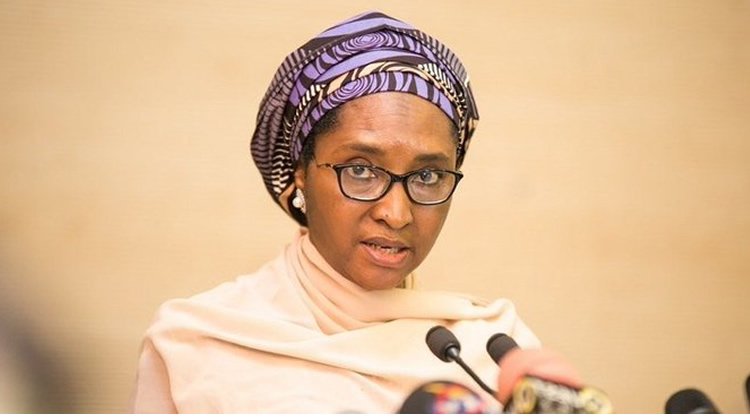

 News3 years ago
News3 years ago
 Entertainment2 years ago
Entertainment2 years ago
 News3 years ago
News3 years ago
 Privacy3 years ago
Privacy3 years ago
 Sports2 years ago
Sports2 years ago
 Entertainment2 years ago
Entertainment2 years ago
 News3 years ago
News3 years ago
 Opinion3 years ago
Opinion3 years ago
